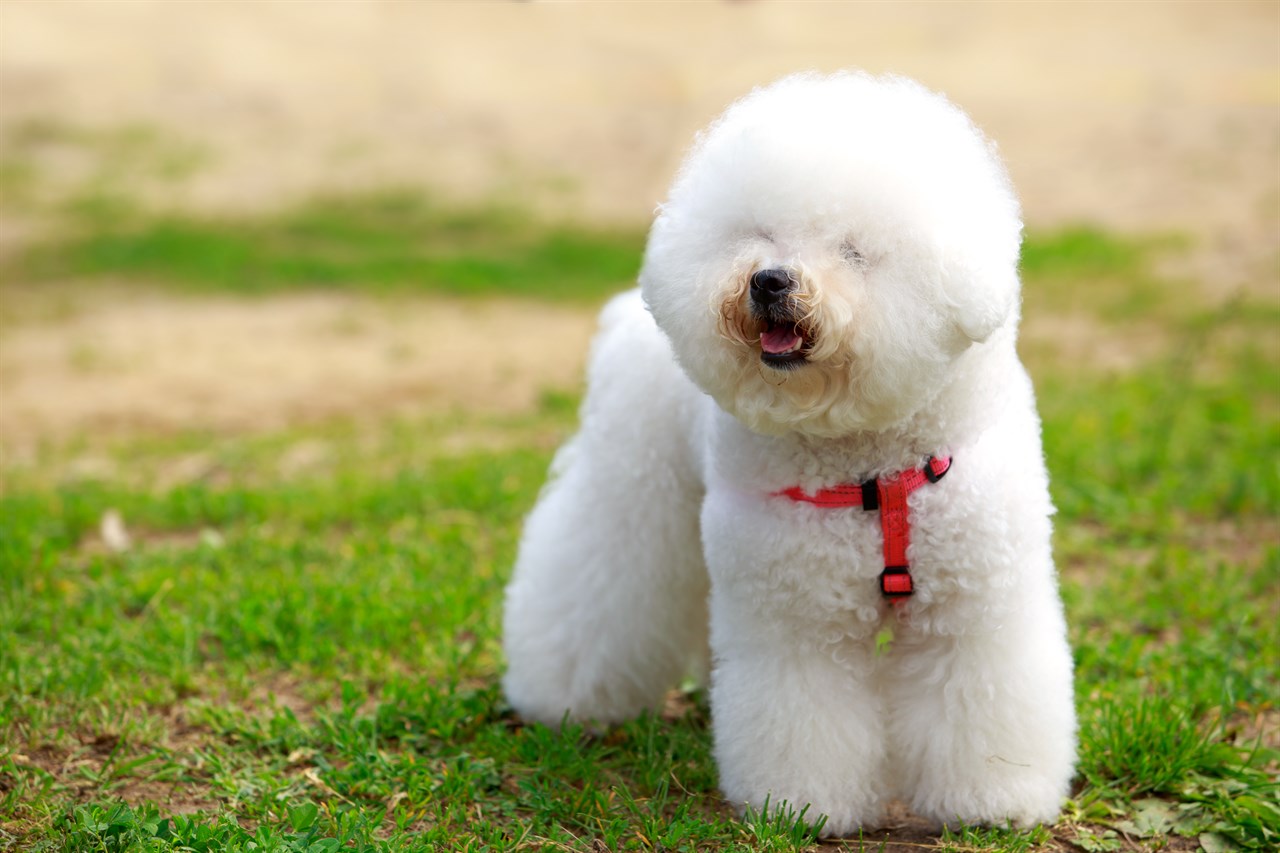Disadvantages of Bichon Frise Ownership

While Bichon Frises are charming and affectionate companions, like any breed, they come with their share of disadvantages and challenges. It's important for prospective owners to be aware of these potential drawbacks to make an informed decision about Bichon Frise ownership. Here are some disadvantages of owning a Bichon Frise:
- Separation Anxiety: Bichon Frises are prone to separation anxiety. They form strong bonds with their owners and may become distressed when left alone for extended periods. This can lead to destructive behavior and excessive barking.
- Grooming Requirements: Bichon Frises have a high-maintenance coat that requires regular grooming. Owners should be prepared to invest time and money in grooming or enlist the services of a professional groomer.
- Allergies and Shedding: Despite being considered hypoallergenic, some individuals may still experience allergic reactions to Bichon Frises. Additionally, they do shed minimal amounts of hair, which can be a concern for those with allergies.
- Training Challenges: Bichon Frises are intelligent but can be somewhat stubborn. They may require patience and consistent positive reinforcement training methods to overcome their independent streak.
- Small Dog Syndrome: Small dog breeds like the Bichon Frise are sometimes prone to "Small Dog Syndrome," where they exhibit behavior issues due to their size and the way they are treated. It's essential to provide consistent rules and boundaries to prevent this behavior.
- Health Concerns: Bichon Frises can be susceptible to various health issues, including allergies, dental problems, patellar luxation, and hip dysplasia. Routine veterinary care is crucial to monitor and address these health concerns.
- Energy Levels: While they are not overly energetic, Bichon Frises still require daily exercise and mental stimulation. Owners should be prepared to commit time to meet their exercise needs.
- Barking Tendencies: Bichon Frises are known for their vocal nature and may bark in response to various stimuli, including visitors or noises. This can be bothersome in shared living spaces or quiet neighborhoods.
- Socialisation Needs: Bichon Frises thrive on socialization and may develop behavioral issues if not exposed to a variety of people, dogs, and environments from a young age.
- Dependence on Human Interaction: While their affectionate nature is a pro, it can also be a disadvantage if owners cannot provide the attention and companionship they crave. Bichon Frises may become anxious or exhibit undesirable behavior when left alone for long periods.
In summary, owning a Bichon Frise can be a rewarding experience, but it comes with its share of challenges. Prospective owners should carefully consider their ability to meet the grooming, training, and socialization needs of this breed, as well as their potential for separation anxiety. With the right care, attention, and commitment, many of these disadvantages can be mitigated, allowing Bichon Frises to be loving and delightful companions.
Bichon Frise puppies for sale
- Find Bichon Frise puppies for sale in ACT
- Find Bichon Frise puppies for sale in NSW
- Find Bichon Frise puppies for sale in NT
- Find Bichon Frise puppies for sale in QLD
- Find Bichon Frise puppies for sale in SA
- Find Bichon Frise puppies for sale in TAS
- Find Bichon Frise puppies for sale in VIC
- Find Bichon Frise puppies for sale in WA